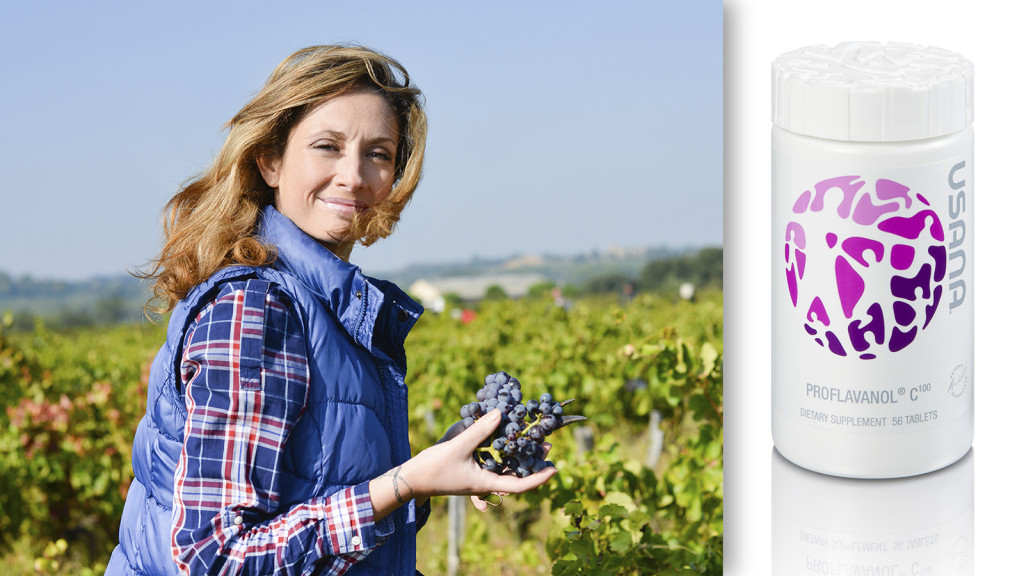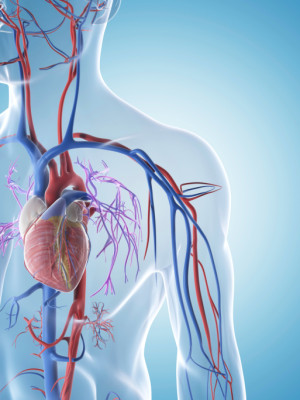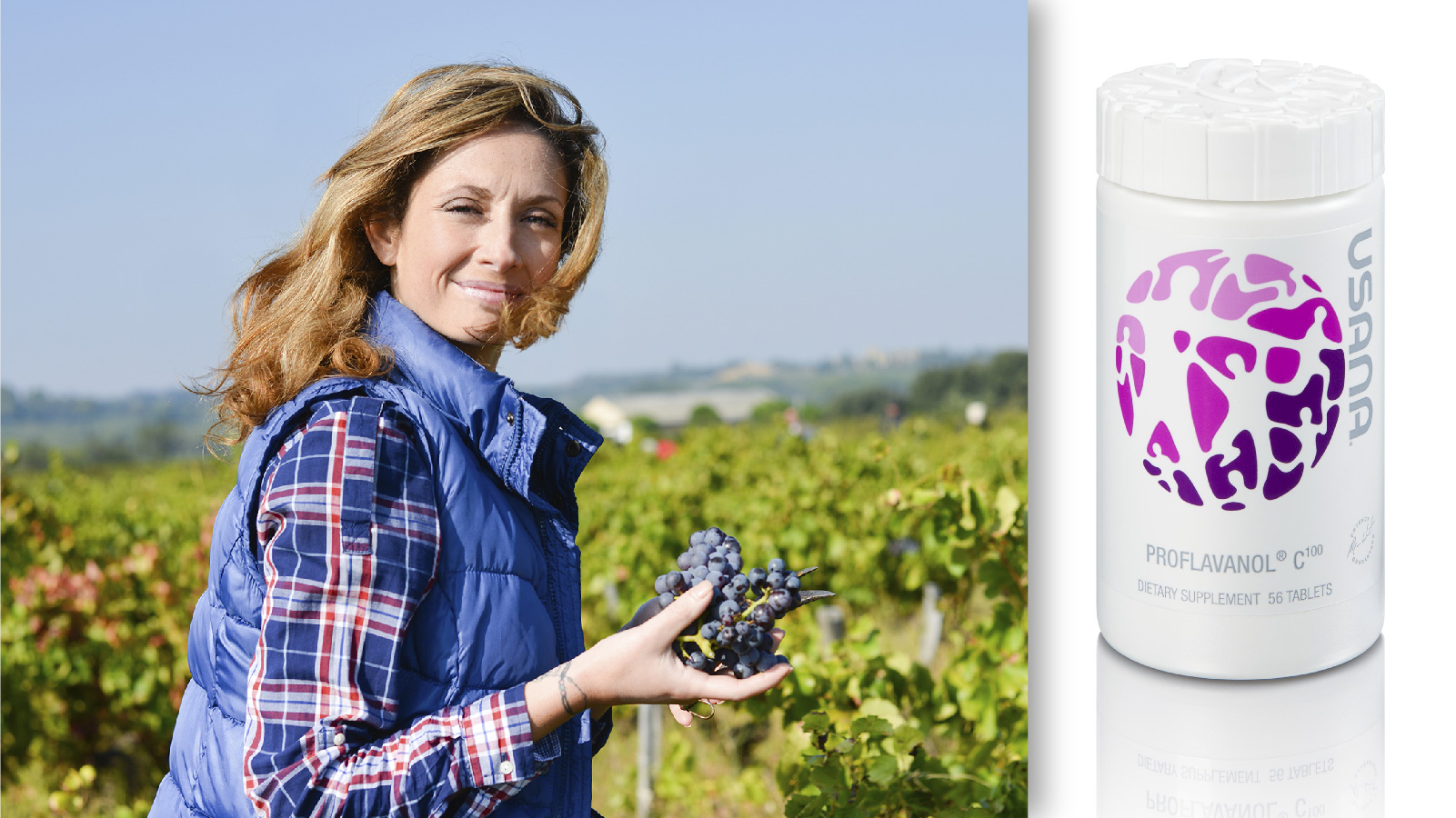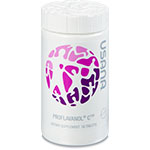Proflavanol C100 Can Help Protect Good Free Radicals*
 When it comes to cardiovascular health, how well your blood vessels relax is everything. This process is called vasodilation. It controls blood flow, blood pressure, and ensures that blood gets to the tips of our fingers, toes, and, well, everywhere else.
When it comes to cardiovascular health, how well your blood vessels relax is everything. This process is called vasodilation. It controls blood flow, blood pressure, and ensures that blood gets to the tips of our fingers, toes, and, well, everywhere else.
To ensure that our blood vessels stay as healthy as possible, we want to preserve this vasodilation response.
But first, it’s important to understand how this process works.
Nitric Oxide Produced by Endothelial Cells Controls Blood Flow
Our arteries are lined with endothelial cells. Below these cells lies a layer of muscle that controls whether our blood vessels constrict or relax. When this muscle contracts, the blood vessels constrict. When this muscle relaxes, the blood vessels open up. When our blood vessels are relaxed, healthy blood flow ensures adequate amounts of blood get everywhere it’s needed.
The major molecule responsible for the relaxation of our blood vessels is called nitric oxide. Nitric oxide is made in the endothelial cells in response to various stimuli and then diffuses its way to the adjacent muscles cells where it signals those muscle cells to relax. Interestingly, nitric oxide is actually a weak free radical—another way of saying it has an unpaired electron.
 Nitric Oxide: A Good Free Radical?
Nitric Oxide: A Good Free Radical?
Normally we think free radicals are bad. In the case of nitric oxide free radicals, they’re not, but this characteristic does make nitric oxide—and the process of vasodilation—susceptible to attacks by other free radicals. For example, the reaction of a free radical in the oxygen we breathe—called superoxide—and nitric oxide can form a nasty compound called peroxynitrite.
Peroxynitrite wreaks havoc in the cell and causes damage to essential cellular structures. The reaction of nitric oxide and superoxide is harmful in two ways: First, it removes nitric oxide from the body so it no longer signals the blood vessels to relax. Second, when nitric oxide reacts with superoxide, it takes two relatively innocuous molecules and forms a third compound that can further impede healthy cardiovascular function.
Antioxidants Can Help Protect Nitric Oxide
But what can you do about this? Antioxidants. If you “mop up” all the other bad free radicals (including superoxide), it will free up nitric oxide so it can do its job of vasodilation, ensuring that important blood gets everywhere.
To get the important antioxidants you need, eat a diet with plenty of colorful fruits and vegetables, and consider adding Proflavanol C100 to your diet. Vitamin C and grape polyphenols can help support your cardiovascular health, including supporting the body’s natural production of nitric oxide by protecting those good free radicals.*
The Power of Proflavanol® C100
So why is Proflavanol C100 a good choice (or Proflavanol C200 in your MyHealthPak)? Well, with USANA being USANA, we wanted to look at the science. We partnered up with researchers at the Boston University School of Medicine and studied the effects of supplementation with grape seed extract and vitamin C, the same two active ingredients as are found in Proflavanol C100.
At all of the time points we measured, we found that regular supplementation had beneficial effects on antioxidant protection and micro-vascular function because it supported the healthy, normal vasodilation process.*
Check out this flyer for a summary or visit usana.com to read the full study. And to learn more about Proflavanol C100, check out this new video:
Additional References
Jariwalla RJ, Harakeh S. Mechanisms underlying the action of vitamin C in viral and immunodeficiency disease. In: Packer L, Fuchs J, eds. Vitamin C in Health and Disease. New York: Marcel Dekker, Inc.; 1997:309-322.
http://www.ncbi.nlm.nih.gov/pubmed/17237348
http://www.ncbi.nlm.nih.gov/pubmed/19091068
http://www.ncbi.nlm.nih.gov/pubmed/21768529
http://www.ncbi.nlm.nih.gov/pubmed/11138821?dopt=Abstract
http://www.ncbi.nlm.nih.gov/pubmed/12198000?dopt=Abstract
http://www.ncbi.nlm.nih.gov/pubmed/10342803?dopt=Abstract
http://www.ncbi.nlm.nih.gov/pubmed/8702089?dopt=Abstract
http://www.ncbi.nlm.nih.gov/pubmed/12791616?dopt=Abstract
http://www.nrjournal.com/article/S0271-5317%2808%2900191-7/abstract
| *These statements have not been evaluated by the Food and Drug Administration. This product is not intended to diagnose, treat, cure, or prevent any disease. |
We’re proud to bring you the freshest content on the web! Follow USANA on Twitter, like our USANA Facebook page and enjoy the latest videos on the official USANA YouTube channel.
 Learn what USANA is doing to make the world a better place.
Learn what USANA is doing to make the world a better place.
The future of personalized health and nutrition is now available with USANA’s True Health Assessment.




Amazing information, I love what you write and produce on video, which has helped me understand more. I have a nephew that has diagnosed with high blood pressure, and has been told not to exercise for two weeks. Would proflavanol C100 help with his high blood pressure? Any recommendation would be greatly appreciated.
yes it can help a lot…
pls visit… http://www.8518768.usana.com
I love this product so much. I love what it does for my skin and my overall health. I have been using it for 6.5 years and always have it on hand. My #superpowers 🙂 http://www.christarealba.usana.com